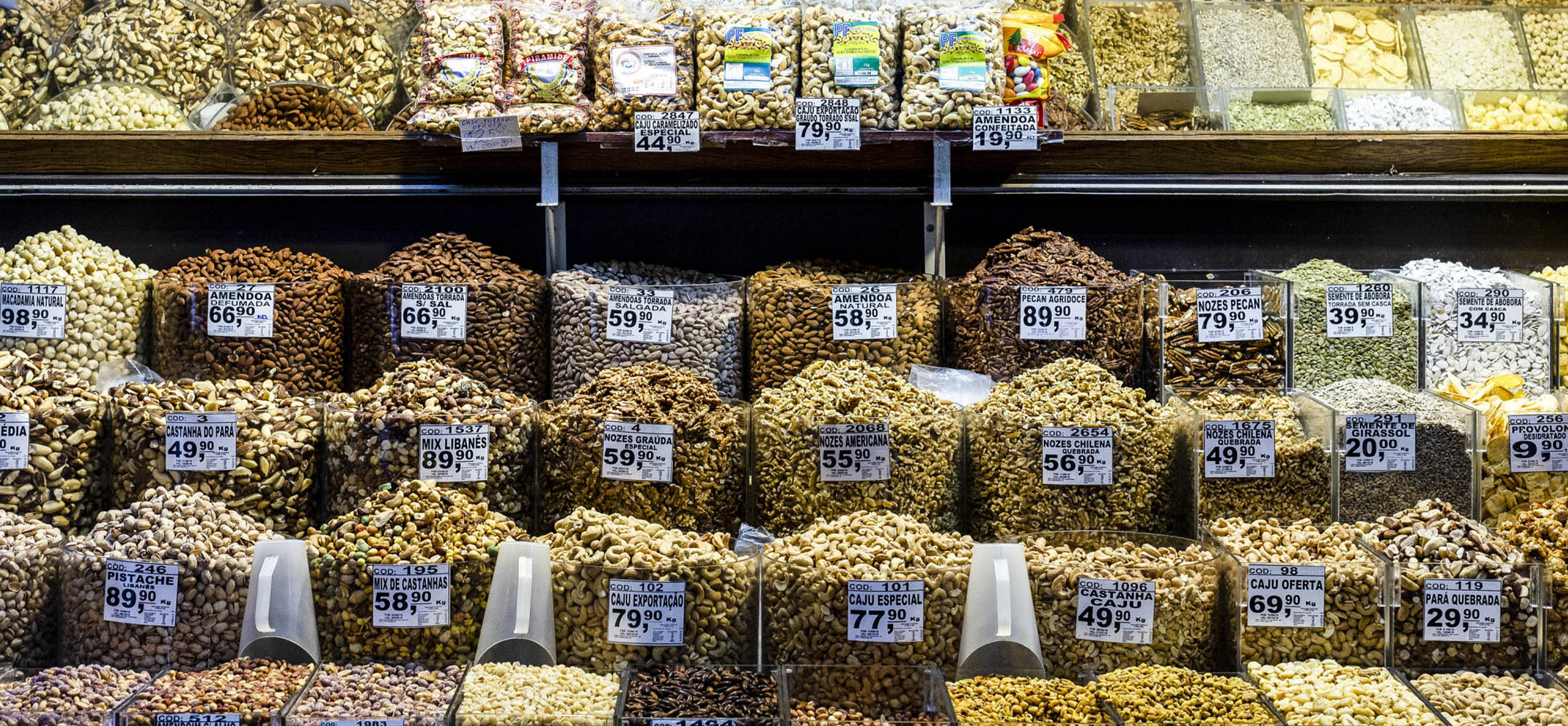
Protecting markets in times of crisis (FAO and Federación Latinoamericana de Mercados de Abastecimiento (FLAMA))
As the world entered lockdown in response to the COVID-19 pandemic, supply chains around the globe faced serious disruptions, and many producers lost access to markets. The potential closure of wholesale food markets - which supply between 50 and 60 percent of fruits and vegetables in Latin America - posed a major risk to food systems in the region.
In response, FAO and FLAMA, which had initially joined forces to reduce food waste in Latin America, worked together to ensure that wholesale markets could continue to operate safely and efficiently during the pandemic. These markets represent the keystone of food systems, linking producers directly to consumers and providing important services that ensure a safe and affordable supply of fresh, nutritious food products for urban areas, as well as livelihoods and jobs for rural production zones.
Drawing on FLAMA’s network, which brings together wholesale markets, supply centers, associations and public and private supply institutions - including nearly 300 markets - in the region, FAO developed a series of surveys to analyze the challenges facing wholesale food markets and help the markets better respond to the pandemic. The surveys analyzed data from 93 markets in 17 countries in the region, looking at health protocols the markets had implemented, main bottlenecks they were facing, new ways to market products (e.g. through digital platforms), investment priorities and management of surplus goods.
FAO and FLAMA worked with markets in the region to share best practices and develop strategies to ensure efficient operation during the pandemic. Three Communities of Practice (CoP) were created, offering spaces for dialogue, discussion, reflection and exchange of experiences among operators and merchants. These CoPs helped to strengthen the technical capacities of the participants and offered conferences on a number of topics, including e-commerce, product traceability, inclusive marketing, information systems, good sanitary practices, surplus management and food banks. Nearly 600 people from more than 60 markets and 19 countries in Latin America and the Caribbean participated.
Based on the analysis, the partnership also supported various countries in developing strategies to combat the impacts of the pandemic, tailored to the countries’ needs. The strategies addressed topics ranging from resource efficiency, to reducing risk of COVID-19 contagion, to strengthening market management, to improving transparency and designing fair economic models.
La Federación Latino-americana de Mercados de Abastecimiento (FLAMA), an INGO which brings together wholesale markets, supply centers, associations and public and private supply institutions, signed a Memorandum of Understanding with FAO in November 2018 to strengthen management models of wholesale markets in the Latin American region. The partnership works to develop and disseminate good practices in the areas of inclusive trade and reduction of food loss and waste.


